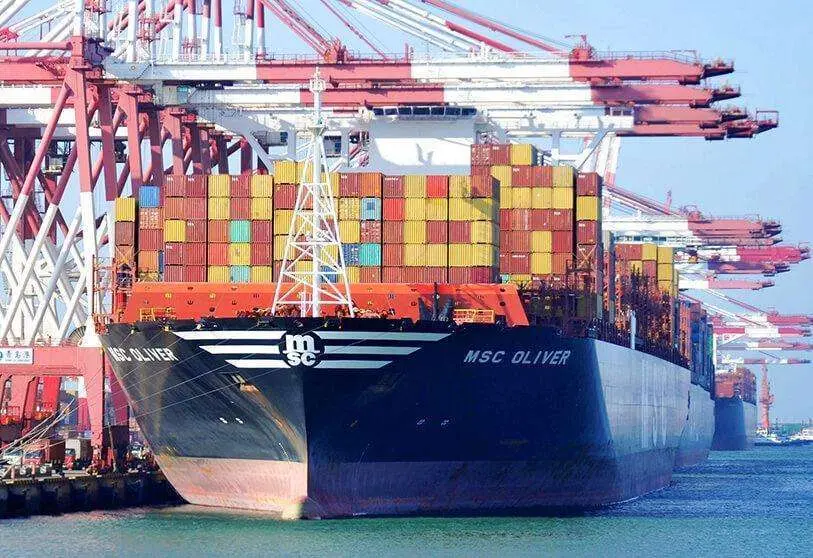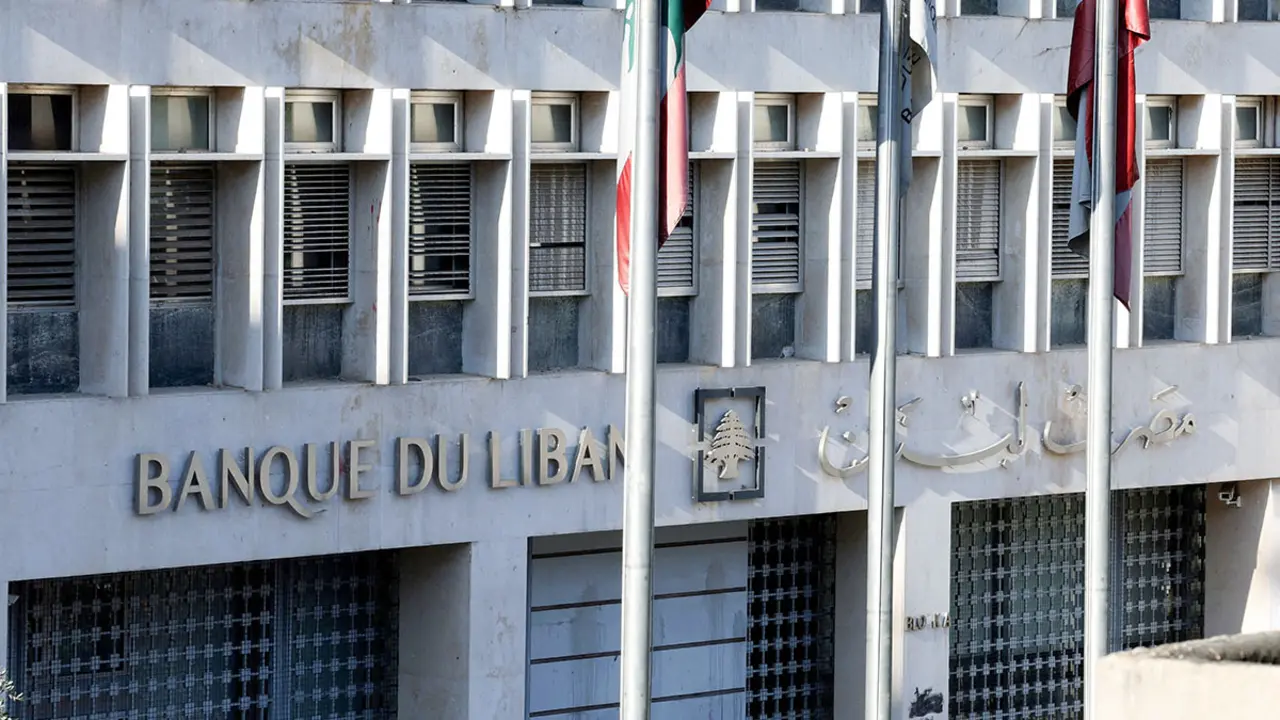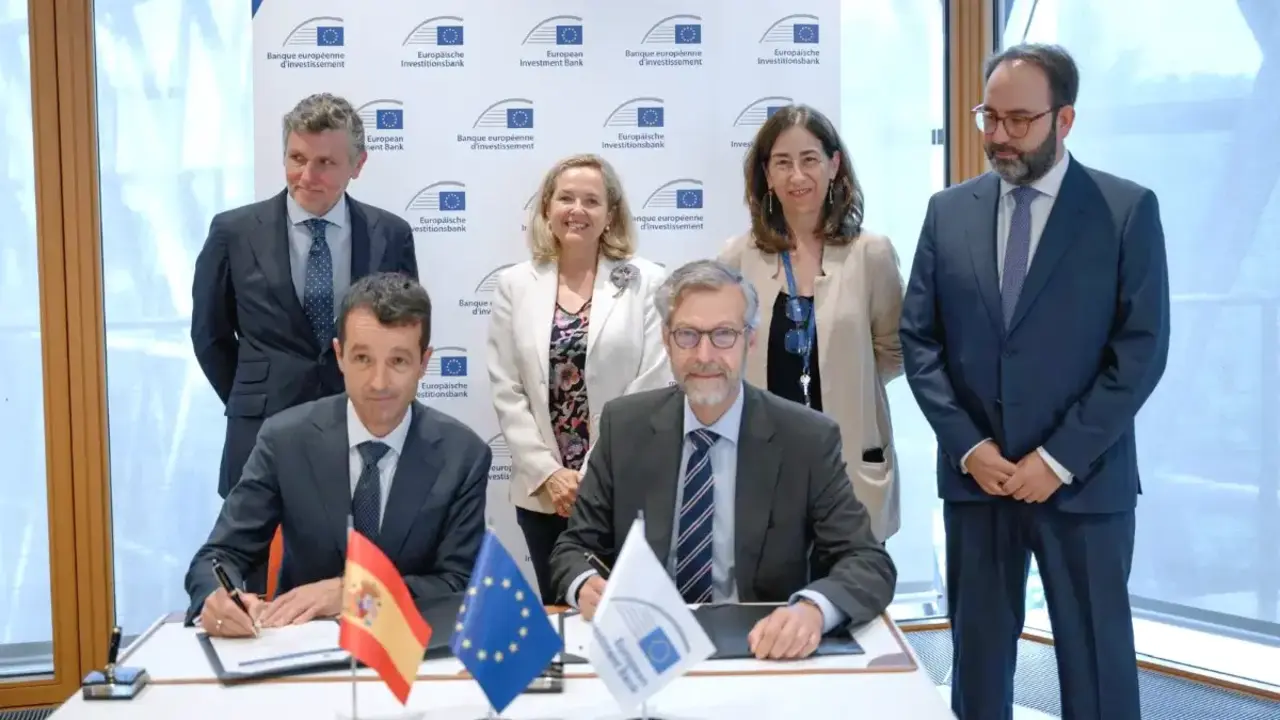Expertos reunidos por el Club de Exportadores aseguran que deslocalizar de China las cadenas globales de valor no será rápido

The Spanish Exporters and Investors Club, in collaboration with the consultancy firm Iberglobal, brought together different experts in a webinar who agreed that the process of delocalisation of the Chinese territory from global value chains has already begun, but that it will not be rapid nor will it take place significantly in the short term, but will be spread out over time. As they acknowledged, although companies are considering leaving the Asian country to prevent supply problems such as those that have occurred in the wake of the pandemic, there is currently no territory in the world that meets their characteristics.
The event was attended by Antonio Oporto, director of TALGO S.A.; Carlos Bereciartua, director of Global Risk Consulting of Aon Spain; Germán Bejarano, director of Institutional Relations and Communication of Abenewco; Antonio Bonet, president of the Exporters and Investors Club, and Enrique Fanjul, managing partner of Iberglobal, who moderated the round table.
Carlos Bereciartua, Director of Global Risk Consulting at AON, underlined the concern that companies are currently feeling about the economic and human costs of changes in the supply chain. "Companies are aware that a restructuring of the value chain involves a series of monetary and human resource costs, and that not all companies have the muscle to deal with it at the moment," he said.
Germán Bejarano, from Abenewco, recalled that for years "there has been a change in the dominant paradigm, which is liberal globalisation without limits", and that the restructuring of value chains "is already a reality for many companies". However, he wondered whether this change would be temporary or whether companies would be forced to relocate their production. In relation to this aspect, he referred to new technologies as an ally for Spanish companies: "Technologies and tools such as 3G or the metaverse can facilitate and help to analyse and reduce the risks related to value chains", he said.
Antonio Oporto, director of TALGO, also said that the reconfiguration of global value chains is a problem that is here to stay: "The standards of certainty that we had years ago in the globalised world have now become uncertainty, so we are now in a more complex environment," he said. In this sense, Oporto assured that "practices that were not in any manual, such as stockpiling, have become a necessity for many companies given the current situation".
The three experts brought together by the Exporters' Club and Iberglobal agreed that the great challenge now facing companies is to reduce their dependence on China and leave the country to shorten the distance with their suppliers. In this sense, some experts, such as Antonio Oporto, pointed to the ASEAN countries as possible new "partners" for Spanish companies, "because they are convenient countries in terms of supplies and known to the Spanish market", although he also expressed some doubts about the capacity to take on orders from national companies.
Germán Bejarano also expressed this view: "ASEAN countries, in general, have deficiencies in deliveries and the quality of the products is not what is expected". For this reason, he said, "leaving China is going to be very complicated for many companies". Bejarano also made reference to the opportunity that Latin America is losing in order to take over from China in relation to global value chains with respect to other countries.
For his part, Antonio Oporto pointed to Morocco as a country with great opportunities, and was sceptical of sub-Saharan countries.
The current trend of exploring new countries in which to produce has led different international organisations to legislate to ensure that value chains are always developed in a context of respect for human rights. In this sense, the experts gathered by the Exporters' Club pointed out the difficulty for companies to know the legislation that affects each territory and to be able to monitor the labour practices of their suppliers, and called for flexibility when legislating in this area.








